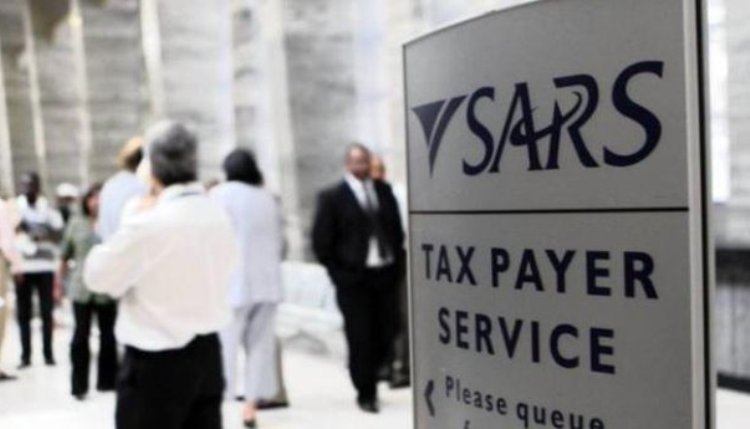SARS Accelerates Debt Collection and Tech Use to Meet R1.986 Trillion Target
In its formal response, SARS acknowledged the significant responsibility entrusted to it as the main revenue collection agency in South Africa.

- Country:
- South Africa
The South African Revenue Service (SARS) has committed to stepping up efforts to collect outstanding debt and deploy cutting-edge technologies in a bid to meet the ambitious R1.986 trillion revenue estimate announced by Finance Minister Enoch Godongwana during his 2025/26 Budget Speech. This pledge comes amid a challenging economic environment marked by a slowdown in both domestic and global economic growth.
A Defining Mandate Amid Economic Uncertainty
In its formal response, SARS acknowledged the significant responsibility entrusted to it as the main revenue collection agency in South Africa. The service emphasized that its mission is not only to collect taxes but also to sustain government funding for essential services such as social grants, healthcare, and infrastructure.
“SARS recognises the funding challenges that the country faces. We are steadfast in our commitment to serve the nation with integrity and efficiency,” read the statement from the agency. The revenue service further labelled the new estimate as a “challenging target” due to the broader economic conditions, with South Africa’s GDP growth forecast now revised downward from 1.9% to 1.5%.
Enhanced Debt Collection With Focus on Undisputed Liabilities
Central to SARS’s strategy for achieving this target is the acceleration of its debt collection efforts, with a particular emphasis on undisputed debts. These are tax amounts that taxpayers have agreed are due but have yet to pay.
“The estimate announced by the Minister imposes the responsibility on SARS to implement revenue raising initiatives. Debt collection is one such, therefore SARS will specifically accelerate work on collecting all debt,” said the agency, highlighting its intention to pursue taxpayers who owe the government, especially where legal disputes are not involved.
Leveraging Technology: Data, AI, and Automation
SARS is also making a leap into the future with investments in data analytics and artificial intelligence (AI). These tools are being refined to help identify tax compliance risks, automate assessments, and expose tax evasion.
By integrating data from banks, payroll systems, and other third-party sources, SARS hopes to not only increase voluntary compliance but also ensure the accuracy and completeness of tax submissions. The enhanced system enables real-time assessments and allows the agency to detect income underreporting more efficiently than ever before.
Tackling the Illicit Economy and Broadening the Tax Base
A critical area of focus for SARS involves cracking down on the illicit economy, particularly in high-revenue sectors such as tobacco, alcohol, and fuel. These sectors have long been associated with tax leakage due to illegal trade practices. SARS aims to enhance enforcement, tighten controls on smuggling and counterfeiting, and eliminate black-market operations that undermine the tax system.
Simultaneously, the agency is working to expand the tax base. Through initiatives to register businesses and individuals who operate outside the formal economy—especially small enterprises and self-employed individuals—SARS is striving to bring more taxpayers into the system. This is especially important in reducing over-reliance on a narrow tax base.
A Commitment to Transformation and Social Justice
SARS Commissioner Edward Kieswetter reinforced the pivotal role the agency plays in ensuring socio-economic development. “SARS plays a transformative and catalytic role in funding about 90% of government expenditure,” Kieswetter explained, noting that these funds enable critical programs such as the old age pension grant and public healthcare.
“The increased revenue estimate means we must do more to realise a better life for all South Africans. It is a responsibility we embrace with humility, and we will endeavour to achieve,” he concluded.
Looking Ahead
With the R1.986 trillion target looming, SARS stands at the forefront of South Africa’s fiscal recovery. While the economic headwinds remain strong, the agency’s mix of enhanced debt collection, cutting-edge technologies, and focused compliance measures represent a determined effort to secure the country’s financial future.
As South Africans navigate this difficult economic terrain, SARS’s success will directly impact the government’s ability to sustain critical services and support millions who rely on public funding for their livelihoods.










